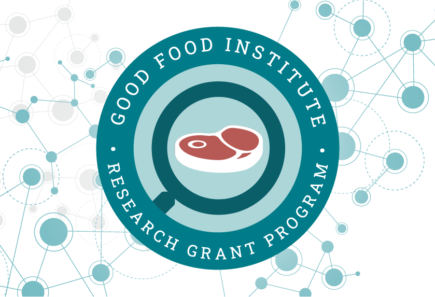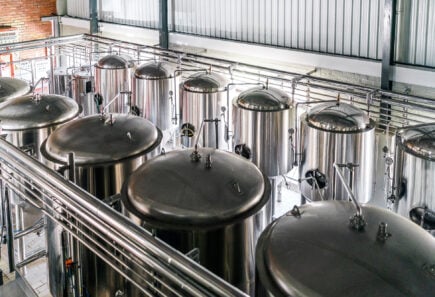Cultivated meat co-product valorization
Animal cell metabolism within cultivators can produce useful co-product side streams that provide monetary value to the manufacturer while creating a novel source of inputs for other industries. Potential side streams should be identified and analyzed for their utility and economic viability, in addition to developing methods for efficient side stream capture.



